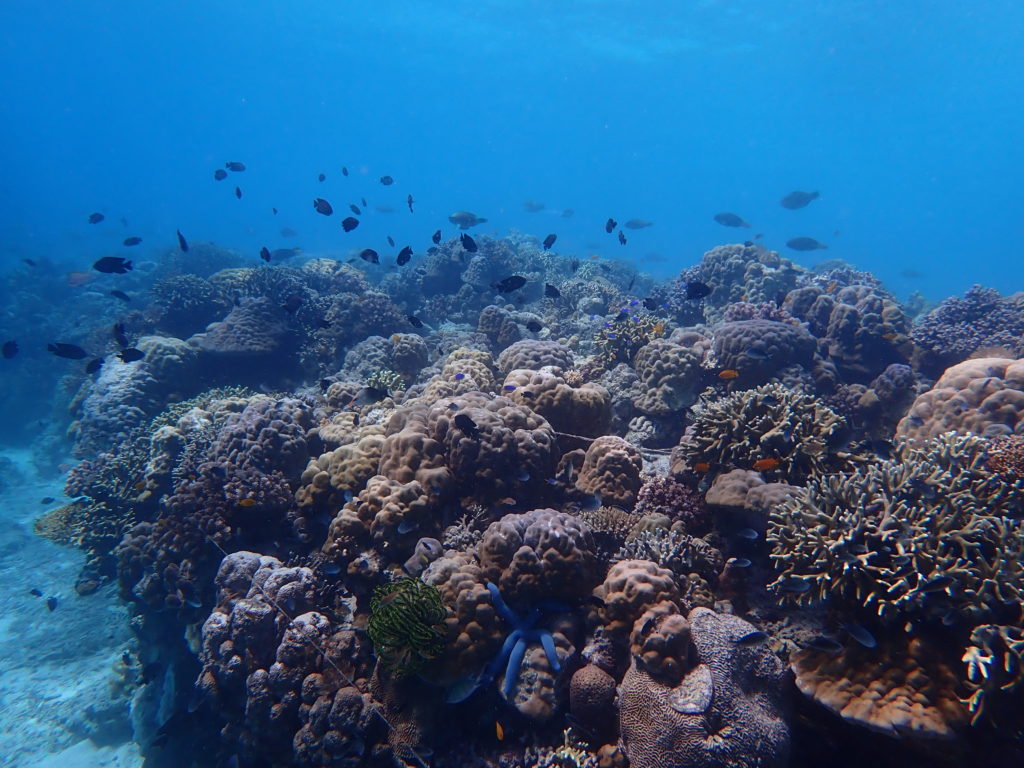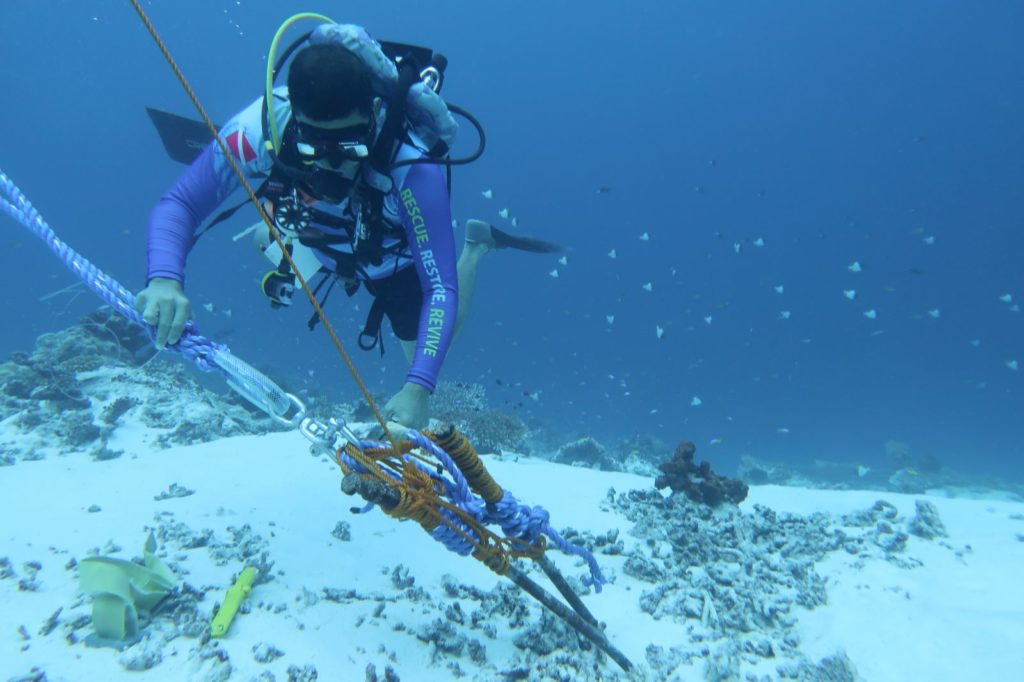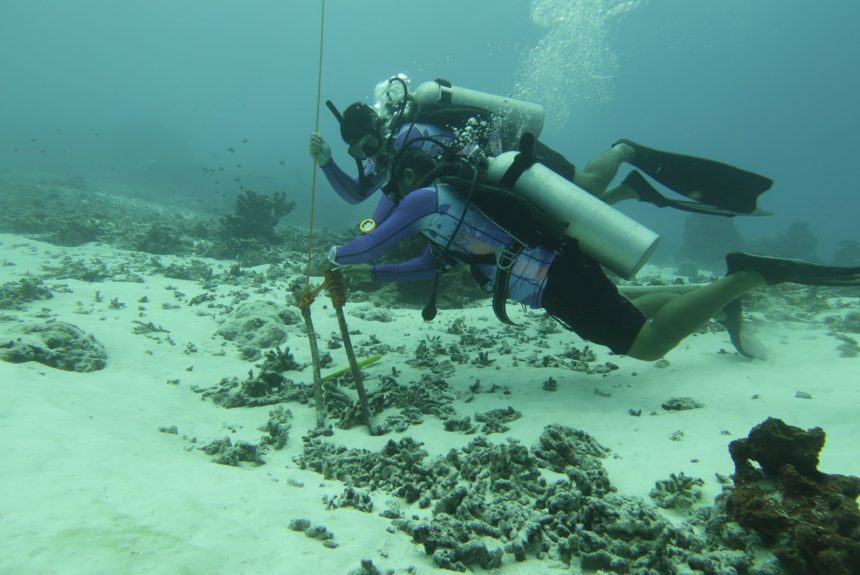The Philippines is home to some of the most diverse and beautiful coral reefs in the world. One of the most stunning examples of these reefs can be found in the Tubbataha Reef, a UNESCO World Heritage site located in the Sulu Sea. The Tubbataha Reef is an incredibly diverse ecosystem, home to over 600 species of fish and 360 species of coral. Unfortunately, this delicate ecosystem is under threat from the effects of climate change, which is why the deployment of a real-time temperature sensor in the area is of utmost importance.
Coral reefs are incredibly sensitive to changes in temperature, and even a slight increase in water temperature can cause coral bleaching. Coral bleaching occurs when the coral expels the algae that live inside of it, causing the coral to turn white and eventually die. This event is a major problem in the Philippines, and is a significant threat to the biodiversity of the Tubbataha Reefs.
What’s our solution?
The real-time temperature sensor that Oceanus deployed in the Tubbataha will collect temperature data from depths of one meter and ten meters underwater, as well as data on waves and wind. This data will allow scientists and conservationists to better understand the impact of climate change on the these reefs and to develop strategies to mitigate the damage caused by rising water temperatures.


The deployment of this sensor is particularly important because of the increase in ocean warming. According to the Philippine Atmospheric, Geophysical and Astronomical Services Administration (PAGASA), the average sea surface temperature in the Philippines has increased by 0.1 to 0.3 degrees Celsius per decade since 1951. This may not sound like a lot, but even a small increase in temperature can have a significant impact on the delicate balance of the coral reef ecosystem.
The real-time temperature sensor is just one example of the important work our organization is doing in collaboration with the Tubbataha Management Office (TMO) and their park rangers to protect these reefs. The TMO is responsible for managing and protecting the Tubbataha Reefs and the nearby atolls, and their park rangers work tirelessly to enforce regulations and protect the reef from illegal fishing and other activities that can damage the ecosystem.
We must continue to support the important work being done by the Tubbataha Management Office and their park rangers, and do everything we can to protect the biodiversity of the Tubbataha Reef and other coral reefs around the world.


